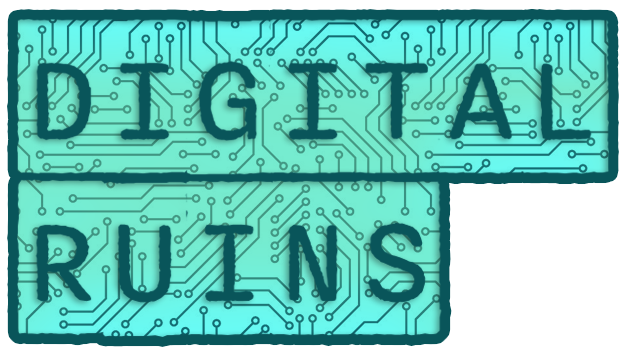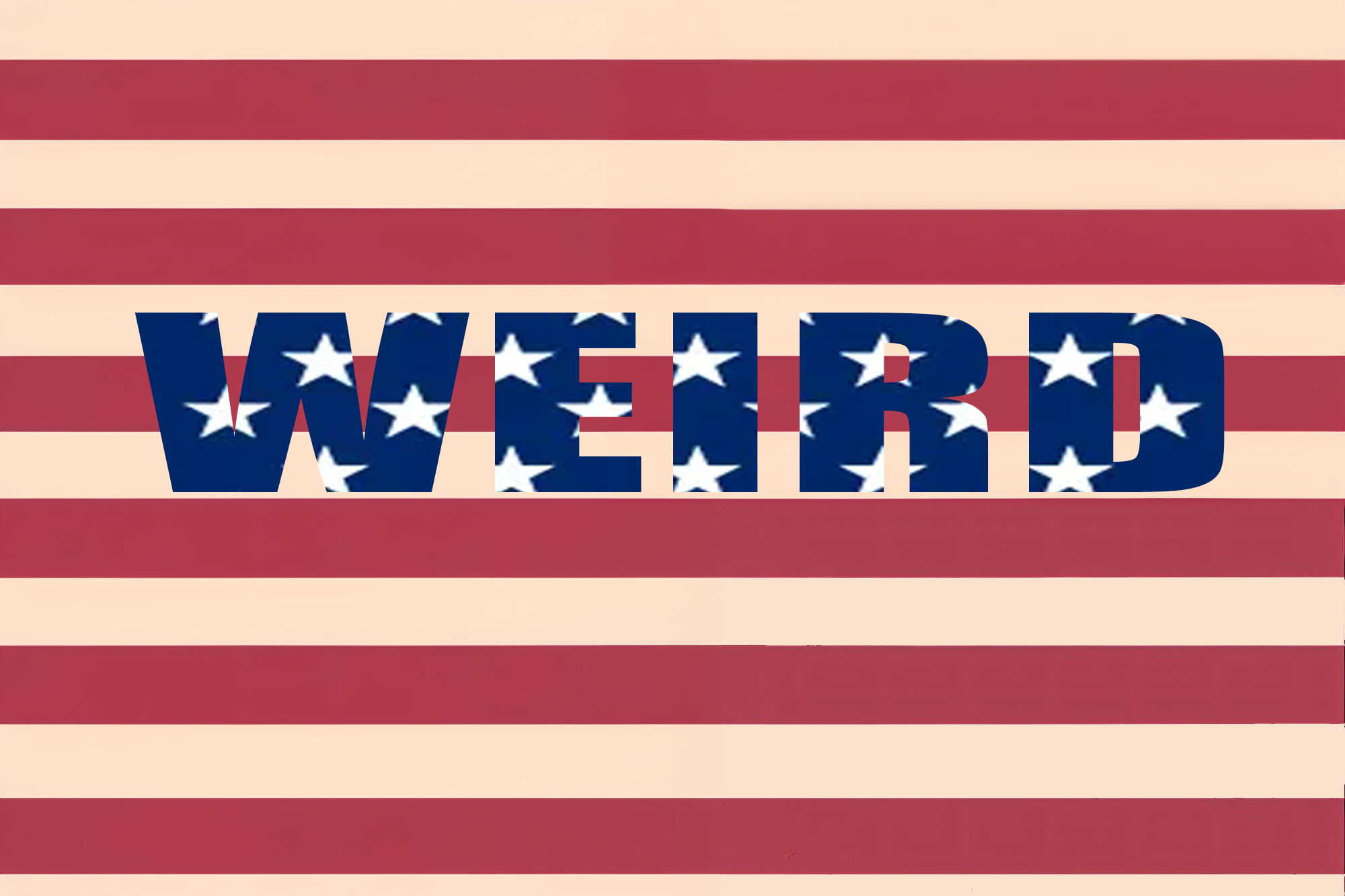The political Right has taken issue with a new Liberal tactic that describes their actions and behaviors as “weird.” This label is a response to some of the more unusual and eccentric behaviors seen in certain right-wing figures and movements. The Right feels this characterization is a direct attack on their legitimacy and humanity. This situation highlights a broader cultural clash, where words traditionally used to marginalize groups are being repurposed in political conversations. The Right’s sensitivity to being called “weird” shows the changing dynamics of language and power today.
The term “weird” is seen as derogatory by the Right, partly because they have historically used it to dehumanize groups like queer individuals, furries, kinksters, neurodivergent people, disabled people, and the homeless. The word “queer,” which originally meant “weird,” was also used as a slur against the LGBTQ+ community. However, society has moved beyond seeing “weird” as a measure of human worth.
The queer community has reclaimed the word “Queer,” turning a former slur into a positive self-identifier. This is part of a broader trend of redefining negative terms. Furries and kinksters often fall under the queer umbrella, leading many cisgender heterosexual individuals in these groups to feel a stronger connection to the queer community. This shared experience of marginalization has created a sense of unity, despite few direct connections.
For neurodivergent or disabled individuals, embracing their perceived “weirdness” is often key to a healthy self-concept, as the language used to describe them has typically been negative.
The positive reclaiming of “weird” unsettles those who used it to dehumanize others. They now find themselves without a defense against this new, positive usage.
The evolving use of “weird” in political and social discussions highlights flaws in the current Right-wing ideology. The Liberal strategy of repurposing this term to point out the eccentric and sometimes regressive behaviors of the Right not only disrupts their narrative but also exposes deeper issues within conservative thought. By sticking to outdated and dehumanizing rhetoric, the Right continues to marginalize diverse communities. Their resistance to progressive change and inclusivity shows the fundamental problems of conservatism. As society moves forward, embracing diversity and redefining language to empower rather than demean, it becomes clear that the Right’s approach is not only flawed but also unsustainable in a world striving for equity and justice.



Leave a Reply